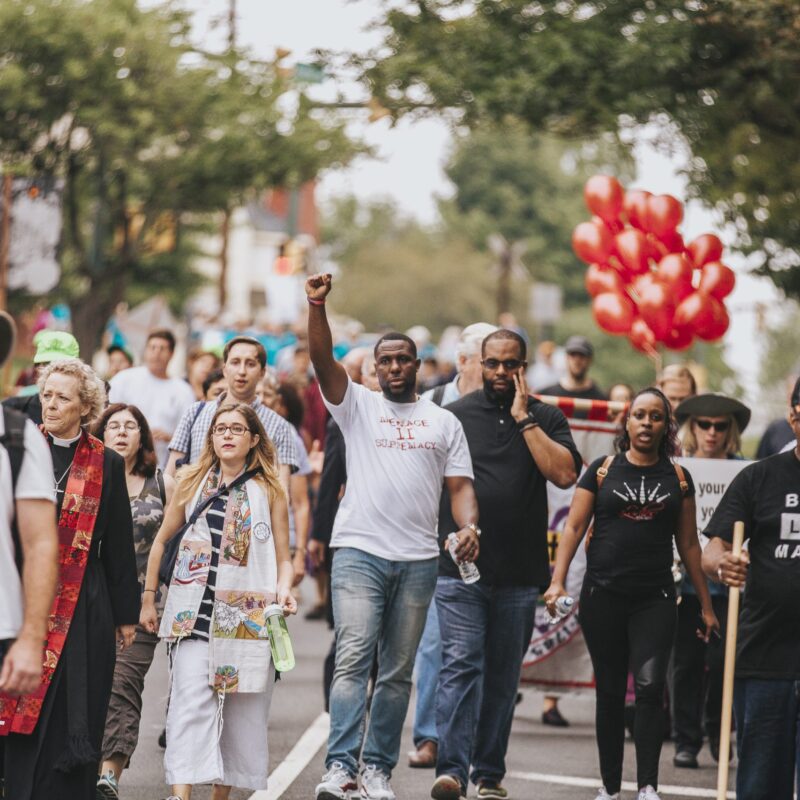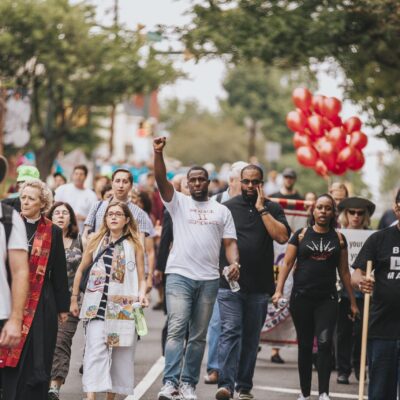As Charlottesville Police Chief Tim Longo stood in front of City Council once again to make his case for installing surveillance cameras on and around the Downtown Mall, Councilor Julian Taliaferro said, “Chief Longo, I only have one question. Do you think this will make a difference?”
Longo looked up at the former fire department chief and said, “Yes sir, I think it will.” And Taliaferro nodded. “That’s all I wanted to know.”

Chief Tim Longo says Mall cameras would be part of police tactics, and therefore not subject to FOIA requests.
|
Longo was presenting a draft of the Public Safety Camera Policy, a document that laid out the guidelines for the use of 30 cameras. The rest of Council, however, voiced more skepticism than Taliaferro did.
After noting the policy didn’t explicitly state that it was in compliance with the U.S. Constitution, Councilor Kendra Hamilton asked whether the press or general public would have access to video from the cameras or the police log that would show who accessed video, when and for what purpose.
While the video log would be disclosed, says City Attorney Craig Brown, the reasons police viewed videos would be redacted as parts of ongoing investigations. Video data, however, would not be disclosed. Because the cameras could be programmed to pan and zoom, Longo told Council members that the video would reveal police tactics. Because of this, he would go as far as to seek a Freedom of Information Act (FOIA) exemption to keep video data from the public and press.
Programmed movements, says Brown, “are the type of operational or surveillance techniques that I think would be exempt from disclosure.”
Longo confirms that his department will seek cameras with those capabilities, along with motion-sensing technology. Though Longo says that he does not have the resources to monitor manually, the proposed policy states that they may be “operated manually by a trained and authorized user,” leaving the possibility open.
John Whitehead, the president of the Rutherford Institute, has written two letters to councilors and Longo, offering assistance in drafting the legal guidelines for the cameras. In a September 13 letter, Whitehead criticized the current policy’s lack of specific safeguards, citing its vague language when addressing personnel and uses.
Whitehead also differs on the accessibility of the video. “If they video you, and you want it, our opinion is that you’ll have access to it,” he says. The Rutherford Institute’s position could signal potential FOIA requests and even lawsuits. “The thing with FOIA,” says Whitehead, “it’s so loosey-goosey. You have to fight for every shred of evidence that you get.”
C-VILLE welcomes news tips from readers. Send them to news@c-ville.com.





